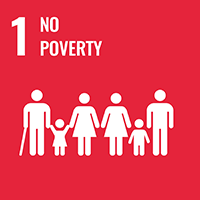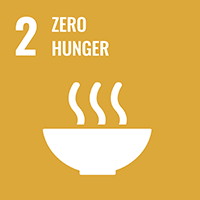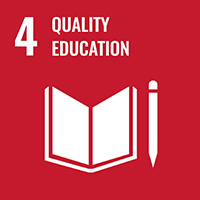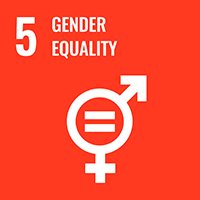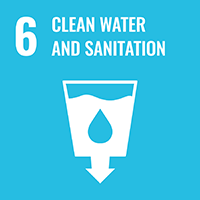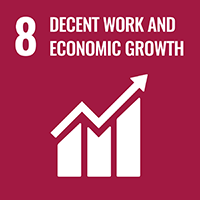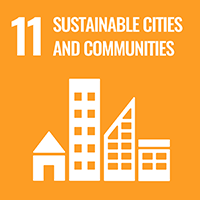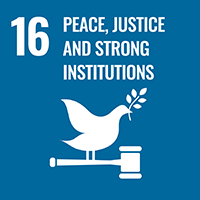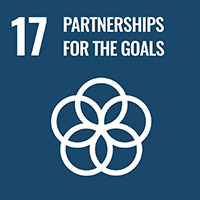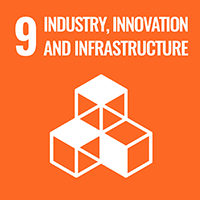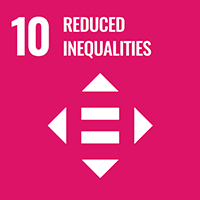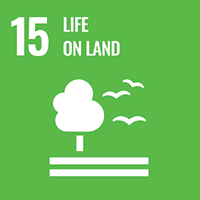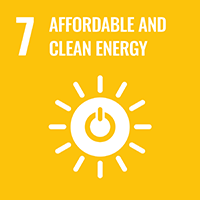2020 was a year in which TGI faced, like most organizations, changing and challenging realities that demanded a reflection on the way in which we address strategic issues for our sustainability. That panorama demanded that we can be very effective in understanding the implications of the global crisis derived from the Covid-19 pandemic and addressing the development of a strategy to adapt our businesses and ways of doing things, due to the limitations that arose from the first quarter of the year. We maintained our focus on guaranteeing the continuity of the operation and supporting each person on the work team in the best possible way.
On the other hand, 2020 represented important changes in the strategic definitions of TGI and Grupo Energía Bogotá. The new strategy, the challenge of diversifying our business and its consolidation in the country and the region in this new reality led us to assume the need to review our materiality analysis for 2019, considering the risks, opportunities and impacts that 2020 brought. to the Corporate Group to which we belong, as well as to our business, in order to make visible those key issues for management, strategy and the priority with which we want to address them.
To know the detail of GEB materiality, you can see the GEB Sustainability Report 2020.
(102-46) Materiality review process
This process allowed us to define the contents of the report aligned with materiality and to establish the coverage of each of these topics through the identification of relevant descriptors and subtopics.
(102-47) We identified nine material issues thanks to the grouping of matters from our previous materiality, the inclusion of three new ones, thus achieving evidence of the adjustments in the priority with which we strategically address them and adjusting the materiality exercise that we present below :
(102-47) (102-49) Our Material Topics
We adjusted a descriptor to incorporate our strategic guidelines for diversifying TGI's business through the value chain.
SubtopicsManagement of processes and initiatives that contribute to the well-being, safety and development of our employees, and implementation of strategies to promote diversity, inclusion and equity.
SubtopicsNew material issue.
SubtopicsWe renamed this issue to demonstrate our commitment to the safety, respect and well-being of our work team.
SubtopicsNew material issue.
SubtopicsWe group the issue of environmental responsibility and action for climate change into a single issue, which represents our commitment to the planet, which goes beyond regulatory compliance.
SubtopicsWe review and include additional descriptors related to comprehensive and innovative management in the operation and the value chain.
Subtopics